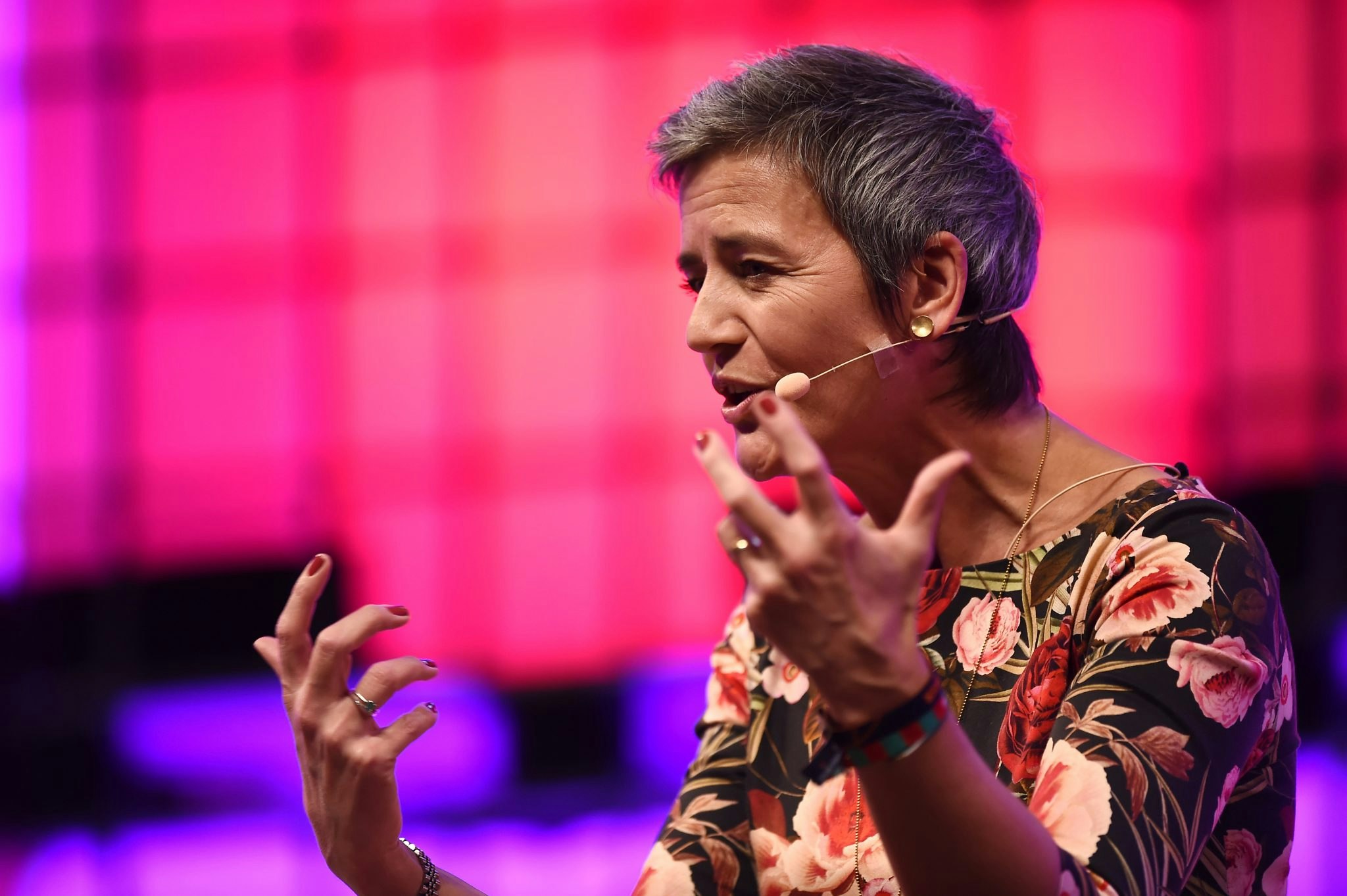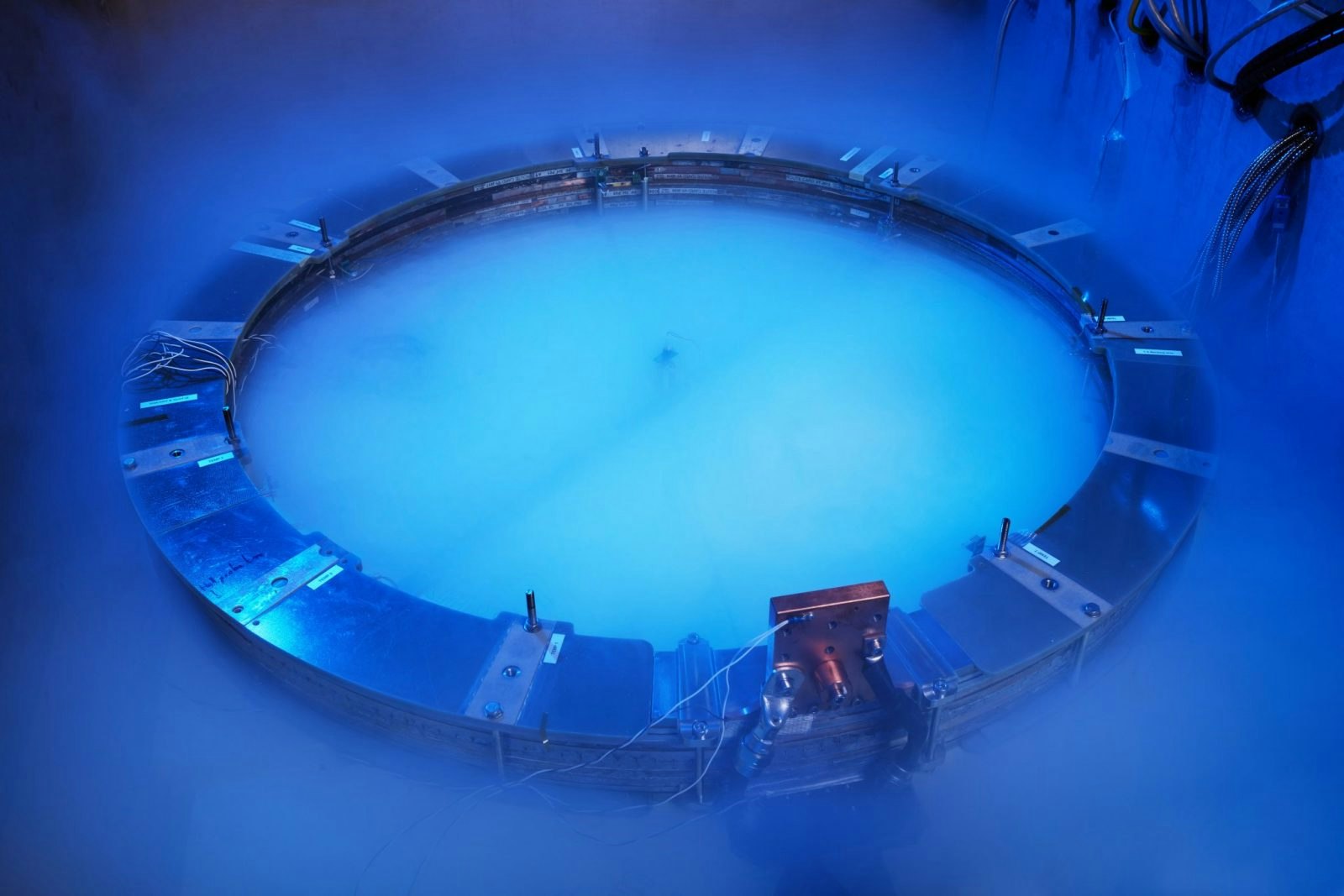What is it about space balloons? A Spanish space tourism company has landed in court after being accused of fraud by one of its investors, taking some of the air out of the space balloon hype.
According to the Majorca Daily Bulletin, a court in Palma is investigating allegations that EOS-X Space, set up by Kemel Kharbachi, was a fictitious operation set up to attract funds from potential investors. The investor is seeking the return of a €100k convertible loan.
Kharbachi told the court the project — which plans to take tourists to the edge of space in high-altitude balloons — was real and that he is continuing to attract new investment. He told Sifted the company employs more than 100 engineers. Sifted could only see three employees listed on LinkedIn, but Kharbachi said the company was still operating in stealth mode. The website is not visible so it was not possible to check details of staffing there.
The flight tests promised for 2021 have not yet taken place but Kharbachi said these would happen in two months time.
The origins of EOS-X Space are brushed with controversy. Kharbachi was originally advising a rival space balloon company, Zero 2 Infinity, founded in 2009 by Jose Lopez Urdiales, on fundraising. However, a promised deal never materialised, leaving Lopez Urdiales with a gaping hole in his finances. Kharbachi then re-emerged shortly after as the founder of a new, rival space balloon company — EOS-X Space — with a remarkably similar business plan to Zero 2 Infinity.
Consultants at Arthur D Little, working with EOS-X Space and speaking on behalf of Kharbachi, at the time told Sifted that they were not aware of anything that would prevent Kharbachi from starting this new company. Arthur D Little subsequently terminated its collaboration with EOS-X in Q2 2021.
Flying to the edge of space, 30-40km above the Earth where the sky grows space-black and the curvature of the planet becomes visible, has been touted as a cheaper alternative to the kind of space travel offered by Virgin Galactic and Jeff Bezos’s Blue Origin. Instead of a quarter of a million-dollar price tag for a rocket trip, balloon flights are generally promised at a slightly more pocket-friendly $100,000.
Investors’ — and in some cases governments’ — imaginations have been fired up by the prospect of building balloon spaceports that would attract tourists and create jobs.
But most balloon startup teams have been slow to deliver on the hype. In the US, the Goldwater Institute has been looking into the case of a space balloon company called World View, based in Arizona.
World View raised $15m from Arizona’s Pima County to build a state-of-the art facility to launch tourists to the edge of space in modified weather balloons. However, plans to scale the company proceeded slower than planned and World View's original founders left the company in 2019 to start a very similar business in Florida, called Space Perspective. World View still plans to launch balloon flights, but not until 2024, later than originally planned.
Maybe space balloons are just an inherently unworkable business. Even Alphabet, the parent company of Google, scrapped its Loon project last year. Loon was attempting to use high-altitude balloons to bring internet connectivity to rural areas, but couldn’t get costs low enough to create a sustainable business model.
Or maybe space balloons are an easy way to raise money from credulous investors who don’t do sufficient due diligence on the technical feasibility of the projects.
Ironically enough, the one company that hasn’t raised a lot of money (the one that Kharbachi was briefly connected with but ultimately didn’t raise money for), Spain’s Zero 2 Infinity, is still doggedly going. Lopez Urdiales — an engineer who has spent the last two decades working on his dream to send humans into space by balloon — says the business survives on running equipment tests for aerospace companies.
But he's had no luck so far raising the €2.5m needed to get the space balloons through the certification and testing programmes needed to be allowed to carry humans. He remains ever hopeful.
“We've survived a very difficult period and interest in the markets we have solutions for has only grown exponentially lately. From imagery from the stratosphere to zero-emissions space tourism to low-cost satellite launch, are all super hot,” he tells Sifted. “Our timing may not have been the best, we were too early, but hopefully some investors will value we were original."
Maija Palmer is Sifted’s innovation editor. She covers deeptech and corporate innovation, and tweets from @maijapalmer
This article was changed to reflect the fact that World View has not moved to Florida. Its original founders moved to Florida to start a similar company, but World View, under new leadership, remains in Arizona. We also amended the article to state that World View plans to start balloon flights in 2024.


